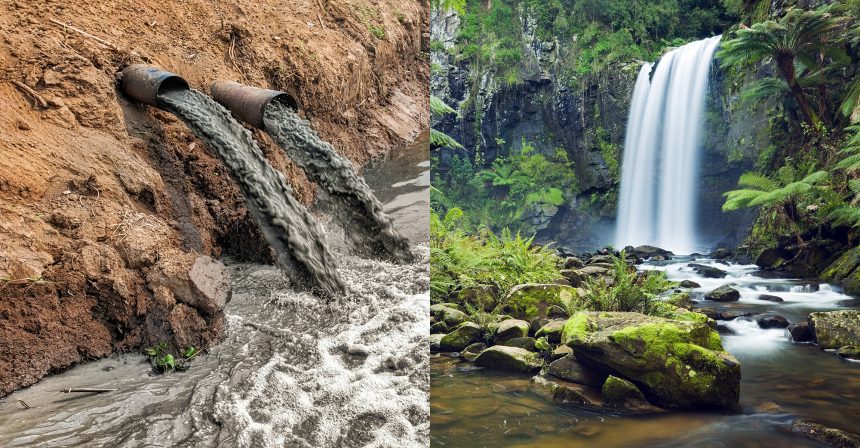By Natalie Taylor
The suffix “-cide,” from Latin, means “the act of killing.” There are four crimes that can be prosecuted by the International Criminal Court (ICC), headquartered in the Hague: genocide (killing of a populace), crimes against humanity, war crimes, and crimes of aggression. There is a global movement to declare ecocide (killing the environment) the fifth crime to be under international jurisdiction.
The call to do so came last year from Vanuatu, a small island state in the South Pacific that is threatened by rising sea levels. Vanuatu proposes that destruction of the environment ought to be a crime. They, and others, believe that destruction of the natural world will continue until a global law is in place.
What actions are they speaking of, and how would a law affect them? The term ecocide addresses direct and willful harm to the planet with actions that have increased global warming. Some examples are the burning of fossil fuels, deforestation, illegal fisheries, and fracking. By making these activities part of a fifth international crime, perpetrators would be liable to arrest, prosecution, and imprisonment. More than that, it would represent a global, cultural shift against such actions—a “moral awakening” in response to the collapse of our common home.
At the forefront of the battle is Stop Ecocide, an organization founded in 2017 by Polly Higgins and Jojo Mehta. The movement has gained the backing of world leaders in Europe, with even Pope Francis declaring ecocide a “sin.” They all believe that ecocide should only apply to the most serious harms—oil spills, deep-sea mining, industrial livestock farming, and tar sand extractions. These are not victimless acts; when forests burn and oceans rise, humans are suffering around the world. Nor are these blameless actions; they represent knowing participation in harmful activities, and perpetrators ought to be held accountable.
Once a proposal is submitted to the ICC, it needs the support of 82 countries to be enacted as law. The process could take up to seven years, according to Mehta. Currently, the only penalties against destructive environmental practices are lawsuits that may lead to fines, expenses that corporations build into their budgets. If ecocide becomes the fifth international crime against humanity, CEOs and individuals who finance such activities—the investors—can be held liable for criminal prosecution. It also means that even offenders from countries that are not members of the ICC can be arrested and prosecuted.
Citizen involvement is part of the movement because many voices can have a snowball effect. More than 18,000 citizens around the world have pledged to be Earth Protectors, and anyone interested can do so by going to www.stopecocide.earth/become.
As the site indicates, “We are all victims of climate breakdown, pollution, and the collapse of biodiversity…without water, without forests, without clean air, we cannot survive on Earth. The planet is our common home.”

